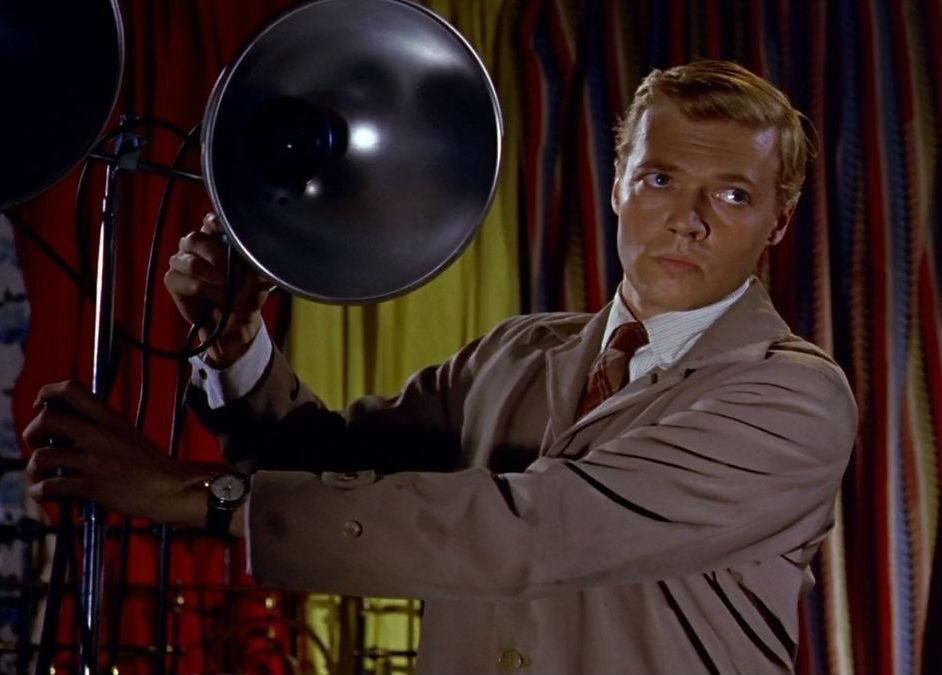Movies You Might Have Missed: Michael Powell's Peeping Tom
Powell’s dark masterpiece is generally considered one of the first slasher films, but at the time of its release, with its violence and sexual imagery, it destroyed his career

Michael Powell and Emeric Pressburger wrote, produced and directed some of the most beloved films in the history of British cinema. Pictures like The Life and Death of Colonel Blimp, A Matter of Life and Death and The Red Shoes are established classics that influenced generations of filmmakers.
In 1960, Powell’s Peeping Tom was released – a solo effort that all but destroyed his career. The movie’s violence and sexual imagery offended contemporary critics, but history has been far kinder – Martin Scorsese has been a significant champion – and Peeping Tom is now viewed as a British counterpart to Alfred Hitchcock’s Psycho, released in the same year.
Powell worked as a stills photographer on a couple of early Hitchcock films and the pair remained friends throughout their careers. The influence of the master is clearly discernible in this tale of a serial killer who captures the expressions of his female victims in their dying moments using a portable camera. There are clear nods to Vertigo and Rear Window while Hitchcock was sensible enough to view Powell’s film as a cautionary tale. The reaction to Peeping Tom was so overwhelmingly negative that, given the similarity between the two films, the director decided to release Psycho without a press screening.
Powell’s dark masterpiece is generally considered one of the first slasher films and one of the earliest horrors to show the action from the killer’s point of view, a convention that has become almost ubiquitous. Scripted by Leo Marks (a remarkable figure who was a leading cryptographer for Britain during the Second World War), the film was regarded as little more than pornography by the press and public upon release and it was pulled from British cinemas after just five days. Scorsese was approached by a New York distributor in 1978 and asked for $5,000 for a wider rerelease. The Taxi Driver director was only too willing to oblige and the critical re-evaluation began in earnest.
It is not difficult to see why the film was so reviled at the time. Cinema, as Hitchcock understood only too well, is inherently voyeuristic in nature but Peeping Tom implicates us in the lurid voyeurism of its protagonist (Carl Boehm’s Mark). While audiences might have expected something macabre from Hitchcock, Powell had given no indication that he was capable of a film as nasty as this. It may have proved too much for some but Peeping Tom is one of the greatest British films and a horror with few equals.
Subscribe to Independent Premium to bookmark this article
Want to bookmark your favourite articles and stories to read or reference later? Start your Independent Premium subscription today.

Join our commenting forum
Join thought-provoking conversations, follow other Independent readers and see their replies